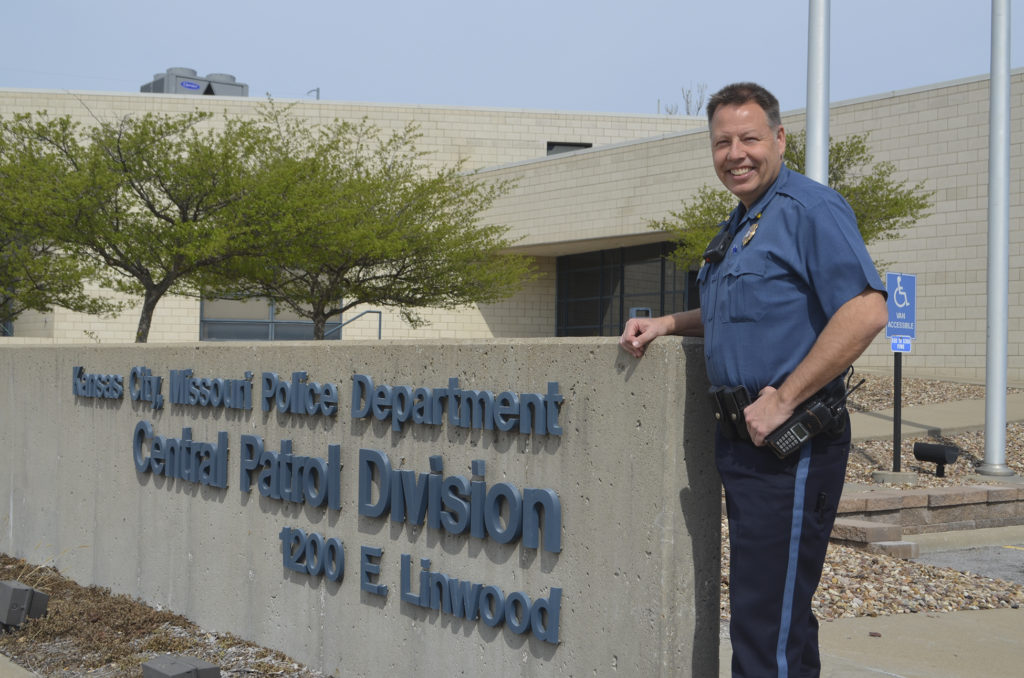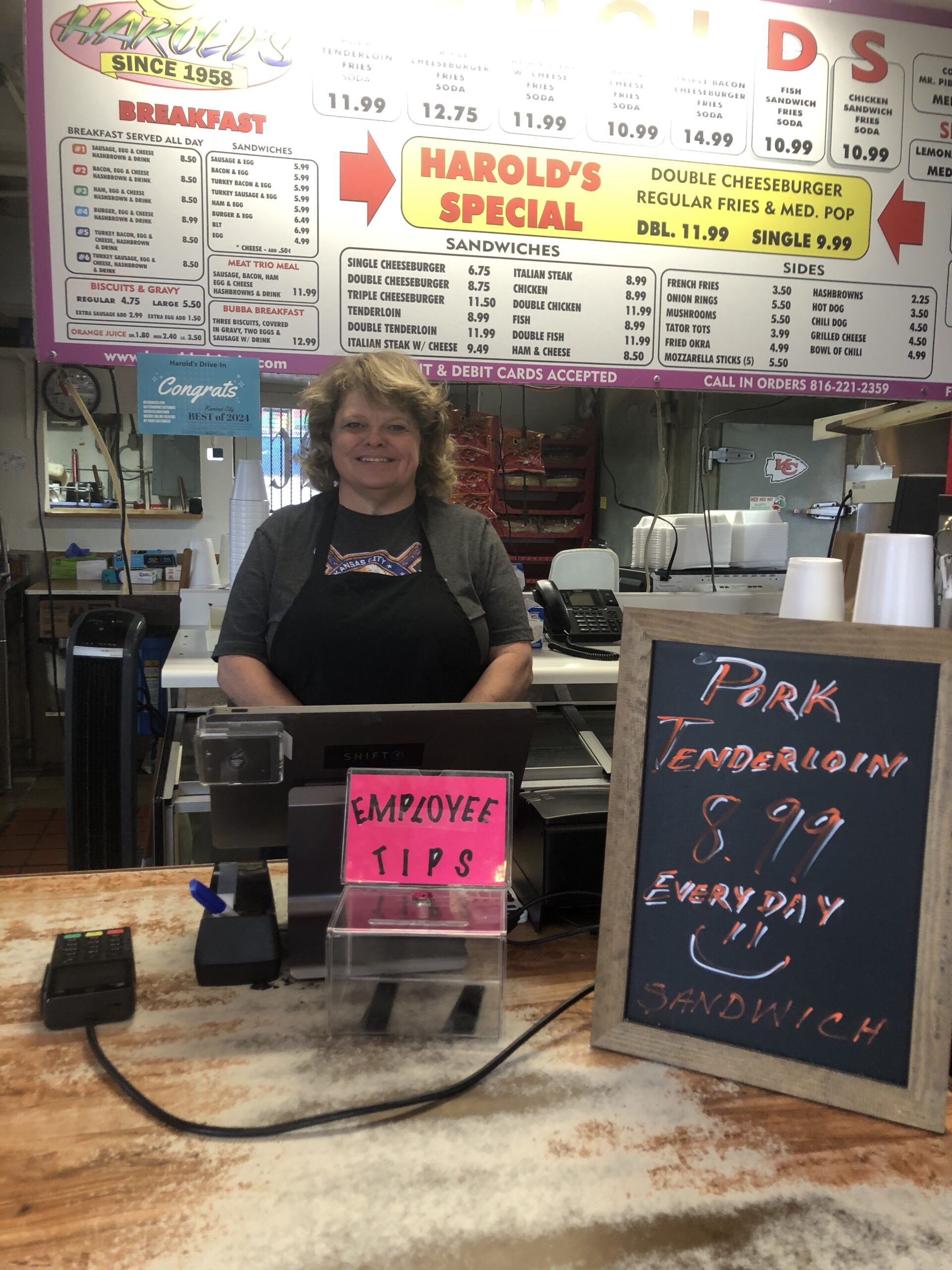Northeast News
April 12, 2017
KANSAS CITY, Missouri – In this week’s episode of the Northeast Newscast, KCPD Central Patrol Division’s Commander, Major Rick Smith, joins Northeast News managing editor Paul Thompson to talk about the Tuesday, April 11 sentencing hearing of notorious Northeast criminal Tyler Sutton; KCPD response times and the amount of shots fired calls in the area; how communities can get Shot Spotter technology; the success and future of Central Patrol Division’s social worker pilot program; what Smith plans to do with his Community Interaction Officer; his thoughts on the KC NoVA program; and finally, the legacy of outgoing KCPD Chief of Police Darryl Forte.
Check out a teaser transcript below, in which Smith acknowledges KCPD’s issues combating persistent gunfire in neighborhoods. A link to the podcast is posted at the bottom of the page.
Thompson: I guess I would ask you, what does PD do with those calls and with that data once people make the calls on a shots fired?
Smith: So, this issue came up last night at Pendleton Heights. We were talking at the meeting, and talking about (Kessler Park) in specific, and how many shots fired calls we have in there. We know we have an issue. The police department knows there’s an issue; everyone knows he have an issue on that.
So I encouraged people to call. We know at some point, you know, most of our concerned neighbors are calling the police. I said, “I’m sure you’re frustrated, because we show up and we may not find anyone.” But I said, “Think about if you’re the person firing shots. You know you’ve just fired a gun within the city limits and all these people can hear, all these houses are here.” You’re probably not sticking around to see if the police come. You’re probably firing your gun, getting in your car, and moving on. Or you’re bicycle, or whatever the case may be, but you’re probably not gonna stand there for 30 minutes, going “I just shot my gun, I wonder what’s going to happen?”
Thompson: Right, or they’re not trying to hang around the scene and pretend they were a witness, or something like that…
Smith: Exactly
Thompson: They’re usually either running away on foot, on a bicycle, in a car, whatever they’ve got.
Smith: Exactly. So the idea is that we try and get up there. Our response times actually – in this particular case in Pendleton Heights, we were reviewing them last night at the meeting – our response times are really. We haven’t caught anybody yet, but I think there’s time. When we have issues like that, we may not be able to directly affect – like, it’s not in an area with a Shot Spotter, where we can pinpoint exactly location, number of shots and things like that – but I think what we can do is look at other avenues. Can we look at lighting, can we look at restrictions in the park, can we look at whatever the case may be to look at something to try and deter people from coming to that location and engaging in that kind of behavior?
I mean, the number one thing that I see in parks and in general, blocks with Tyler Sutton’s – when you have so many good people that want the right thing, the bad people tend in another direction. They don’t want to be hassled, they don’t want to be yelled at, they don’t want the attention on them; they want to do whatever they do without any kind of oversight, right? So the more you can fill up that park with good people – families, things planned – the less chance that we have the other elements in the park.


















